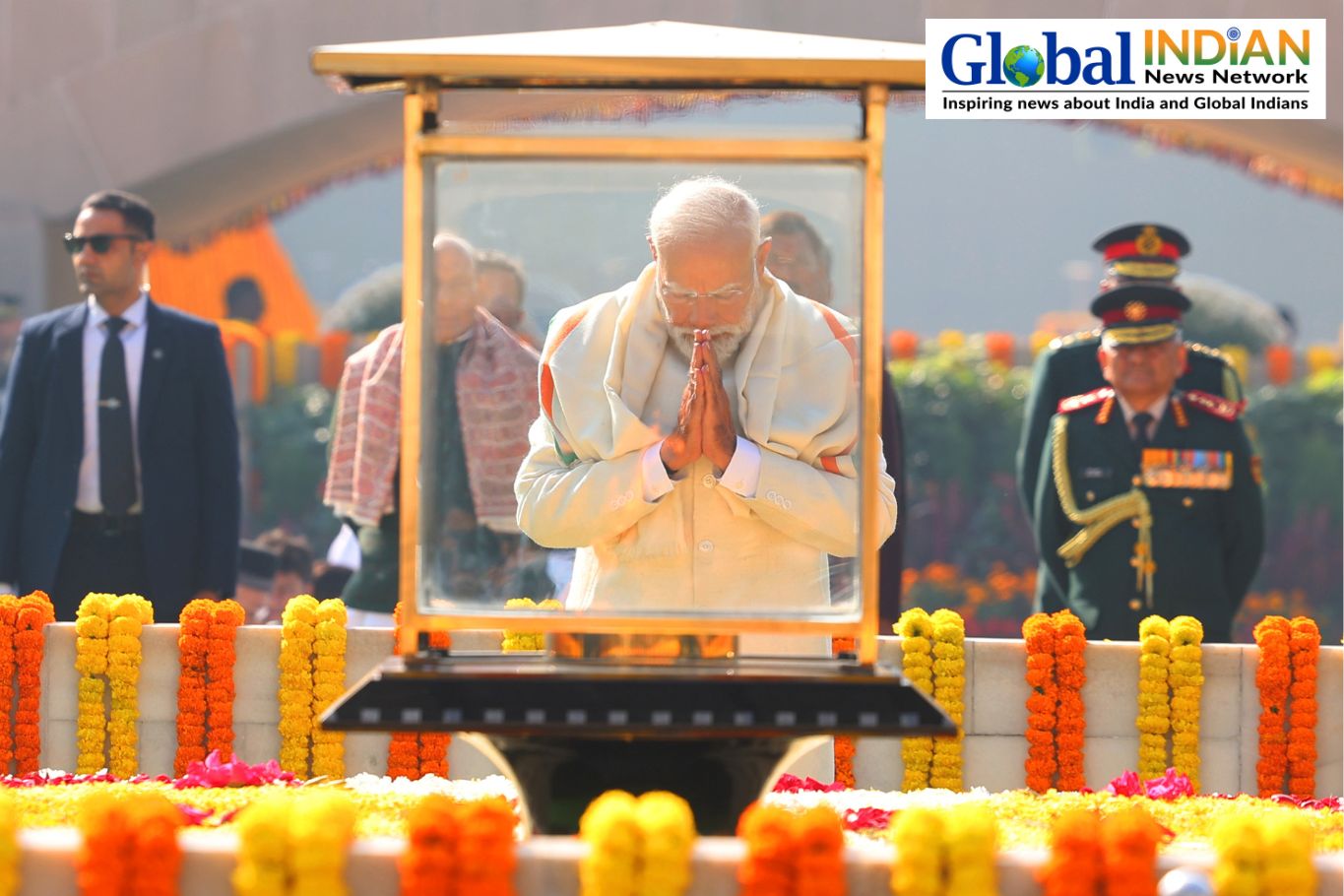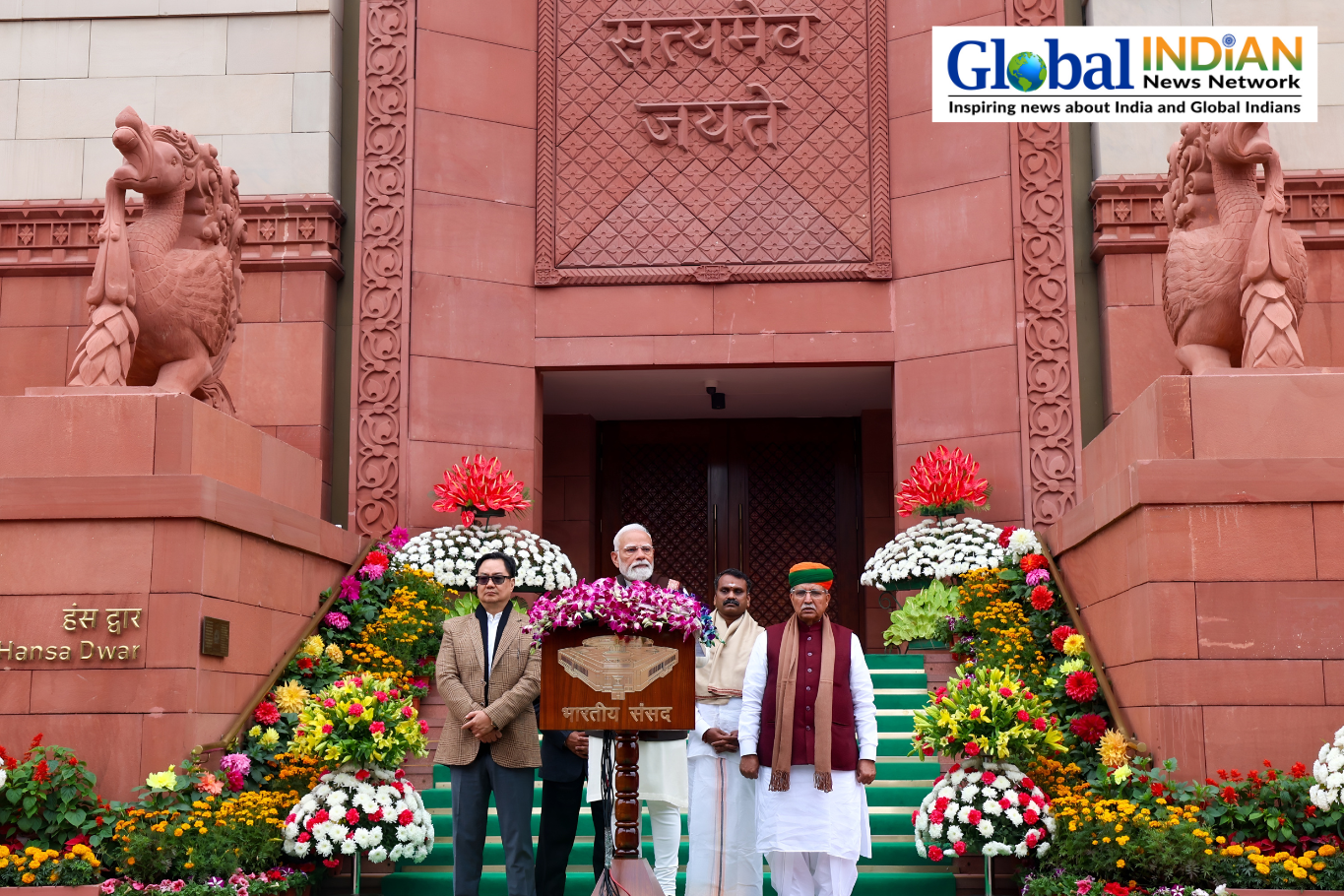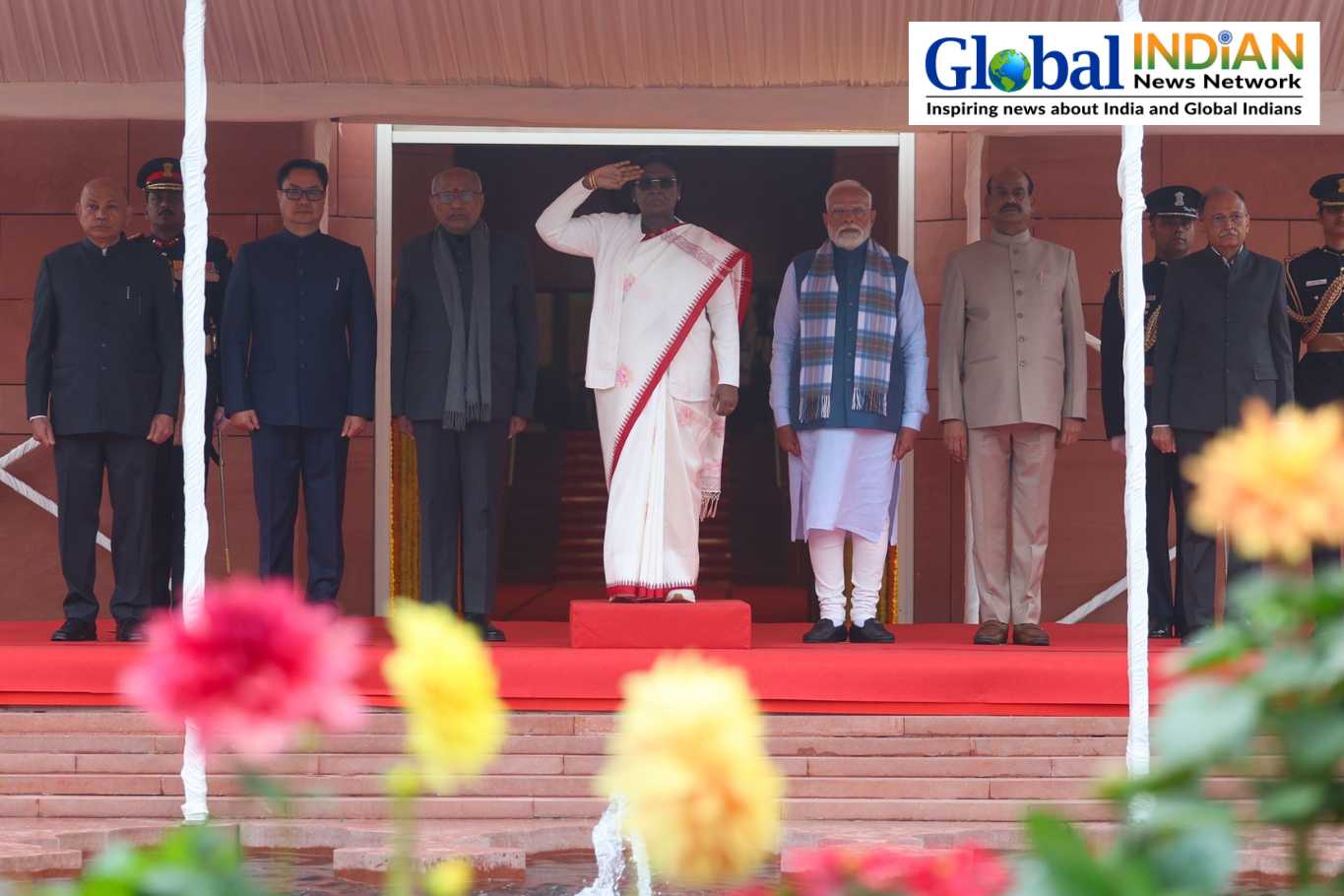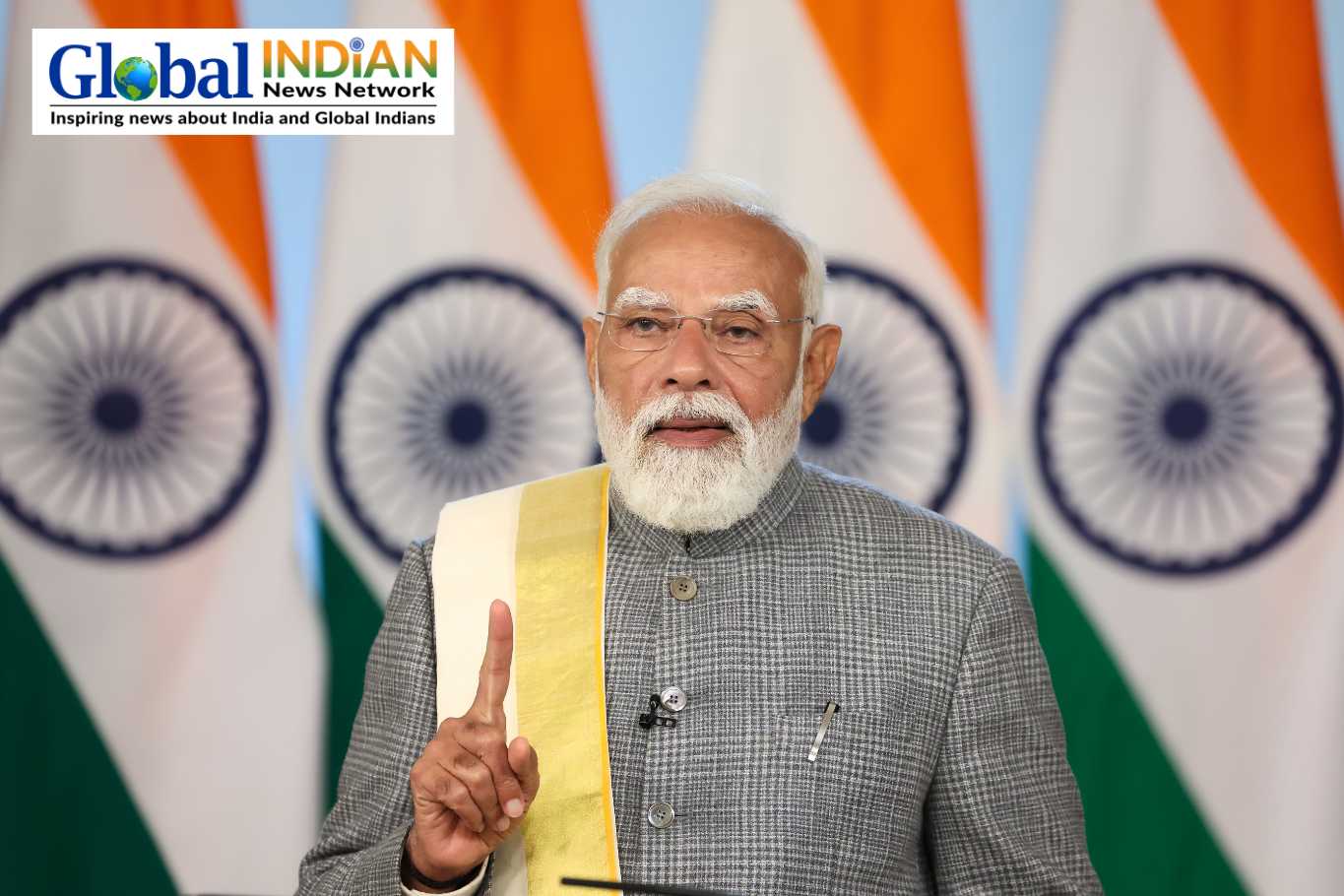
India’s role in Afghanistan is under scrutiny as China intensifies its involvement in the region. To preserve its regional influence, India must reassess its position and establish connections with the Taliban regime. Historically, India has been a constructive force in Afghanistan, investing in numerous development projects to improve the humanitarian aspects of Afghan life.
However, since the Taliban’s takeover, India has grappled with how to adapt its policies towards a country where it once held considerable sway. Recent developments indicate a shift in India’s approach, such as the announcement of 1,000 scholarships for Afghan students in the 2023-24 academic year. This move appears to address the frustrations of Afghan students who faced financial challenges while pursuing education in India.
China’s actions also contribute to India’s evolving stance. China’s appointment of a permanent ambassador in Kabul and its increased focus on Afghanistan for Belt and Road Initiative (BRI) projects have raised concerns in New Delhi. Shanthie Mariet D’Souza, an expert, suggests that India must respond swiftly to this situation, as a strong Chinese and Pakistani presence in Afghanistan could limit India’s involvement.
India’s response has been cautious, marked by a case-by-case approach to maintain a positive rapport with the Taliban. India continues to provide humanitarian assistance and even included Taliban foreign ministry officials in online training courses. However, New Delhi remains hesitant about full-scale engagement, as it may indirectly endorse the Taliban’s regressive policies.
The situation remains complex, especially in light of China’s growing relations with the Taliban. The policy dilemma of whether to engage or recognize the Taliban poses a challenging choice for New Delhi.
Historically, India has maintained strong ties with Afghanistan, rooted in cultural and historical connections. It has been a major contributor to Afghanistan’s reconstruction, emphasizing social and economic development for regional stability. India’s initiatives encompass infrastructure projects, humanitarian aid, education, and capacity development.
One of the most strategically significant projects is the Zaranj-Delaram road, facilitating trade routes to the Chabahar Port. India has also completed infrastructure endeavors like the Afghan Parliament and the Salma Dam power project. Humanitarian aid includes providing fortified biscuits to school children and delivering free medical consultations.
In education and institution development, India has extended scholarships, technical training programs, and mentorships to Afghan public servants. A notable initiative by an Indian NGO, SEWA, established a Women’s Vocational Training Centre in Kabul.
While some projects faced interruptions amid the chaos following the Taliban’s return, the Taliban regime subsequently requested India to resume these initiatives. India’s role in Afghanistan remains significant, but its approach to engaging with the evolving situation reflects the shifting regional dynamics.











